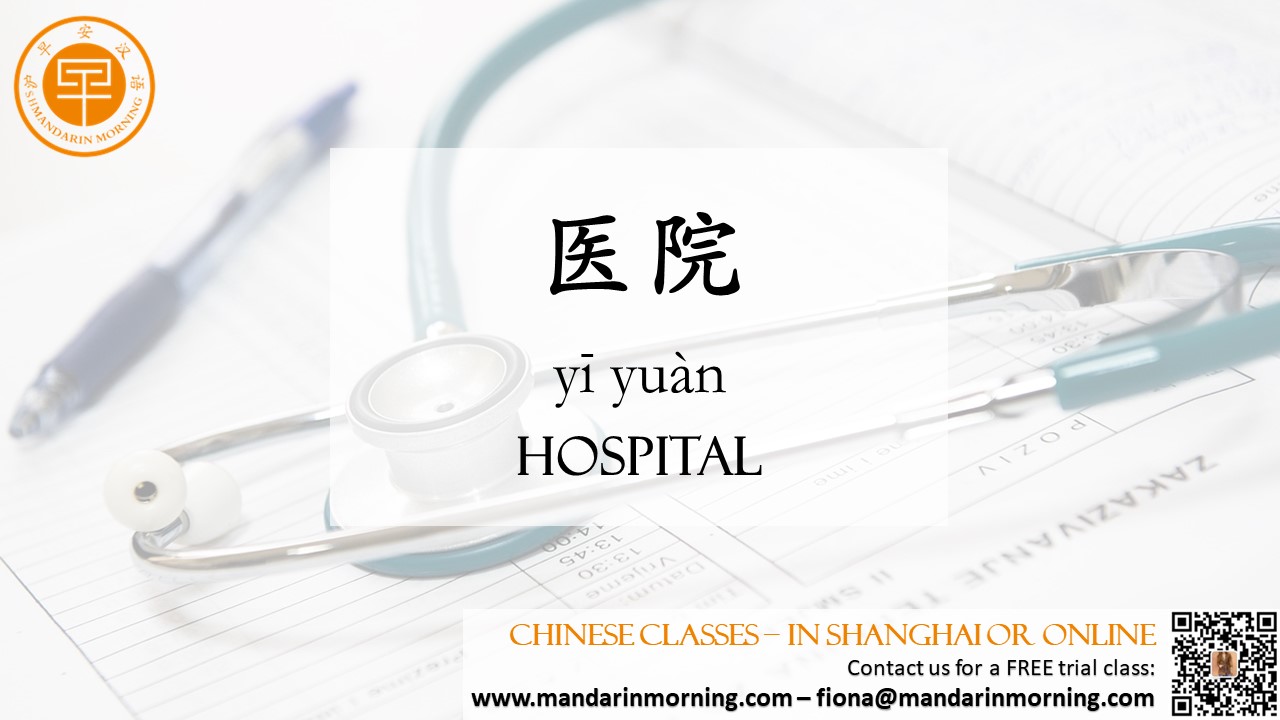【Learn Chinese】How to handle Medical Emergencies in China |
From car accidents to severe food poisoning and heart attacks, medical emergencies can happen to anyone, anytime, and anywhere. As an expat, it’s important that you are aware of how medical emergencies are dealt with in China, and how to prepare yourself in case you come across any unforeseen events. Know your hospital It’s always important to know where your nearest hospital is located, and whether they provide accident and emergency services. Public hospital treatment in China is very affordable, but the quality of care, service levels, and cleanliness standards can vary significantly. Expats who wish to utilize the public system should be aware that you should be able to communicate in Mandarin, as most of the staff will not be able to speak English. The ambulance system The number to call for an ambulance in China is “120”. Ambulances from public hospitals are often not equipped with comprehensive medical equipment, and the personnel, as well as the 120 line operator, will generally speak little to no English. Response times will vary, e.g. sometimes the ambulance will come in under 15 minutes, and sometimes you may need to wait over an hour due to adverse traffic conditions. In many cases, taking a taxi, or asking a loved one or a friend to drive you to the hospital may be a better, faster alternative. Bring someone with you If possible, it’s a good idea to find a bilingual friend to accompany you to the hospital, especially if you’re going to a local facility, as they can help talk to the medical staff on your behalf. If you do choose to avail yourself of the ambulance system, they can also help you by communicating with ambulance personnel (e.g. requesting the ambulance to go to a particular hospital). What’s more, having someone there with you can really speed up the whole medical emergency process, especially if you’re in great pain and finding it very difficult to collect your own medication. Bring cash Most foreign-owned hospitals are equipped to bill international insurers directly, so many expats prefer to hold an international health insurance plan to make medical billing easy. In many public hospitals, however, a direct payment may not be accepted. If you don’t have any cash on you, Triple A-rated hospitals tend to have what’s called a “green lane” that treats the patient if the hospital’s director signs off on it – usually if you’re someone “important” or if they believe that you will be able to pay them back later. In lower-tier hospitals (usually in smaller cities), they may reject you if you have no money on hand, even for medical emergencies. No green lanes here. Asking for help in an emergency Being able to ask for help while you’re in an emergency setting could save your life or someone else’s. The most basic way to ask for help in a critical situation is by using the phrase 救命啊! (jiùmìng a!). It translates literally to “save life,” but more accurately means “Help!” This phrase is reserved for possibly life-threatening circumstances where you’ll need immediate help. Another way you can ask for help is 请帮帮我! (qǐng bāng bāng wǒ!), which means “Please help me!” If you’d like someone to help you call an ambulance, you can say 请叫救护车 (qǐng jiào jiùhù chē), which means “Please call an ambulance.” 请 means “please,” while 叫 means “call.” Say you’re looking for directions to the hospital. The sentence you can use is 你知道怎么去医院吗? (nǐ zhīdào zěnme qù yīyuàn ma?), which means, “Do you know how to get to the hospital?” Another way you can ask for directions would be 请问医院在哪里? (qǐngwèn yīyuàn zài nǎlǐ?), and this means, “May I ask where the hospital is?” Additionally, if you’ve run into some trouble and require some assistance in calling the police, you can say 请给警察打电话 (qǐng gěi jǐngchá dǎ diànhuà), which means “Please call the police.” |